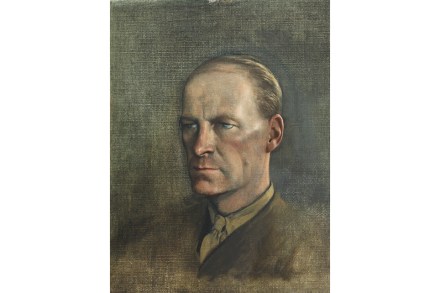Friendships and rivalries in the golden age of Oxford philosophy
Though it is startling to think of it now, analytic philosophy was once considered a promising subject for satire on mainstream television. When Beyond the Fringe was broadcast in 1964, the viewing public could apparently be relied upon to recognise the archetype of the post-Wittgensteinian linguistic philosopher being impersonated by Jonathan Miller and Alan Bennett. The discursive style on display was anguished, effete and reflexively pedantic; the setting, a kind of implied common room (the only atmosphere this particular creature was able to breathe); the repartee hopelessly clogged with qualifications and smug little obiter dicta and minutely alert to exquisite verbal distinctions of doubtful relevance to the point in hand.


